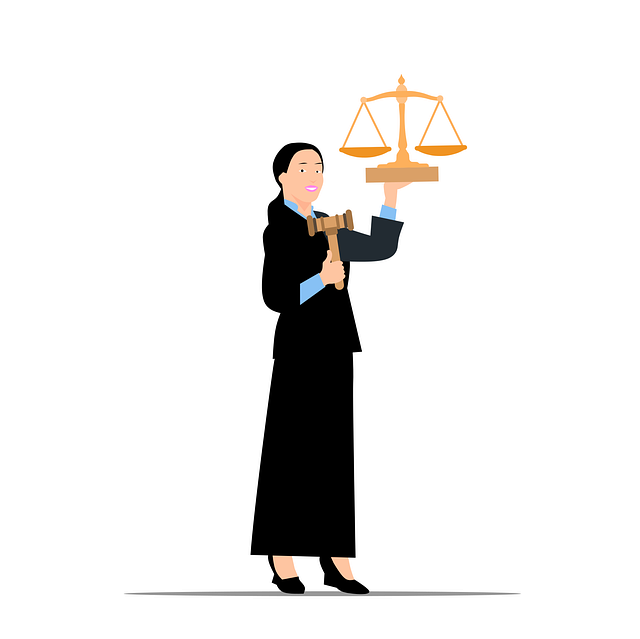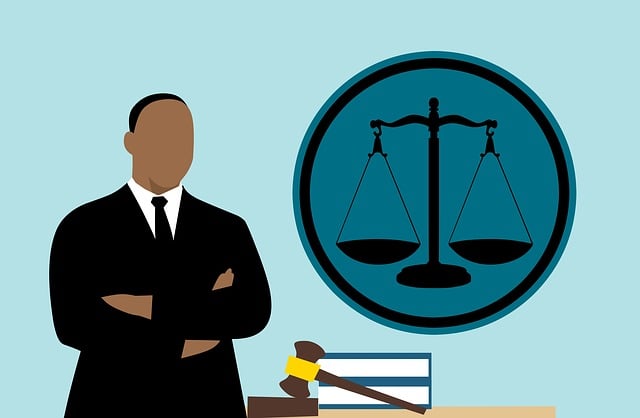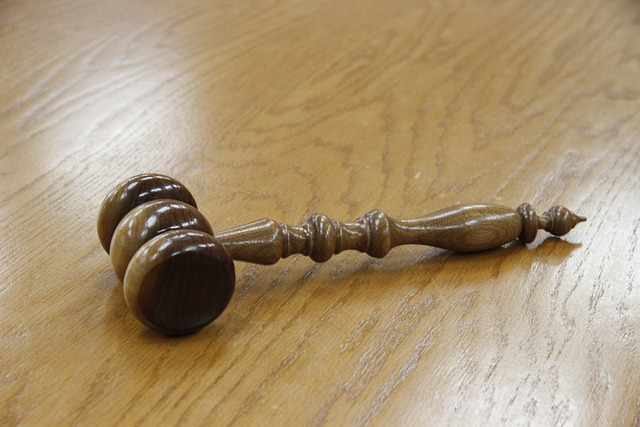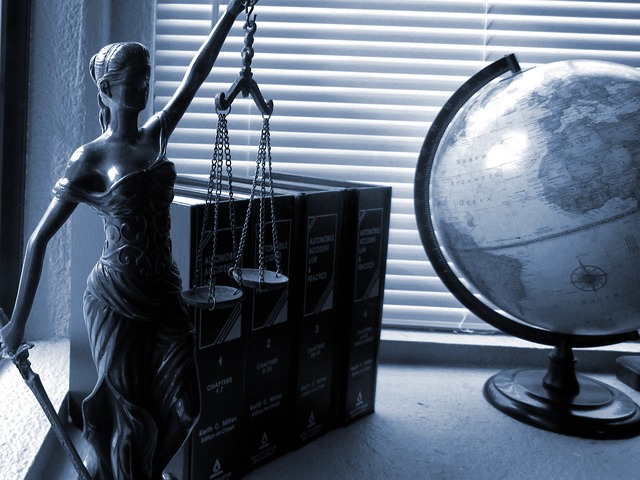Understanding rights within the criminal justice system is key to navigating its complexities. Effective navigation requires knowledge of legal protections, procedures, and resources, empowering individuals to assert their legal standing. Choosing quality legal representation, whether public or private, guided by case needs and costs, fosters trust and strengthens defense strategies. Open communication with attorneys is crucial for aligning legal decisions with accused's interests and protecting rights throughout proceedings.
“Unraveling the intricacies of the criminal defense system is paramount for anyone facing legal repercussions. This article serves as a comprehensive guide, offering insights into your inherent rights within the complex landscape of the criminal justice system. We explore the critical role of legal representation and the various choices available to defendants.
Through understanding these aspects, individuals can navigate their journey with confidence. From recognizing your entitlements to ensuring an effective defense, this piece equips you with the knowledge to assert your rights and make informed decisions during this challenging period.”
- Understanding Your Rights Within the Criminal Justice System
- Navigating Legal Representation: Choices and Consequences
- Ensuring Effective Defense: Key Considerations for Accused Individuals
Understanding Your Rights Within the Criminal Justice System

Understanding your rights within the criminal justice system is a crucial step in navigating its complexities. As soon as you’re involved in a criminal case, whether as an accused person or a witness, it’s essential to be aware of your legal protections and entitlements. This includes the right to remain silent, ensuring your privacy is protected, and the fundamental guarantee of fair trial. By knowing these rights, individuals can confidently engage with law enforcement, lawyers, and the courts, making informed decisions throughout the process.
Effective navigation of the criminal justice system requires a deep understanding of procedures, laws, and available resources. This enables people to assert their legal standing, challenge evidence, and present defenses. Accessing quality legal representation is a cornerstone of this process, as it facilitates an in-depth exploration of your rights, options, and potential outcomes. Armed with this knowledge, individuals can actively participate in their own defense or that of loved ones, ensuring the protection of their freedoms and interests within the system.
Navigating Legal Representation: Choices and Consequences

Navigating legal representation within the criminal justice system involves making critical choices that can have significant consequences. Defendants often face a multitude of options, each with its own pros and cons. Understanding these choices is essential for ensuring effective protection of one’s rights. The first step in this process is to decide whether to accept the public defender assigned by the court or hire a private attorney. Public defenders are typically experienced professionals who handle a high volume of cases, while private attorneys offer more personalized service but may come with higher fees.
Consequentially, the decision should align with the complexity of the case and the resources available. A straightforward case might be manageable with a public defender, whereas a complex legal battle would likely require the expertise of a specialized private attorney. Additionally, defendants should consider their relationship with their chosen representative, as open communication fosters trust and a more robust defense strategy. Ultimately, navigating these choices wisely within the criminal justice system is key to achieving a favorable outcome.
Ensuring Effective Defense: Key Considerations for Accused Individuals

For accused individuals, navigating the criminal justice system can be overwhelming. Ensuring effective defense requires a strategic approach. One crucial consideration is securing competent legal representation. Accused persons have the right to counsel, and hiring an experienced criminal defense attorney is vital for building a robust case. These lawyers possess in-depth knowledge of laws, court procedures, and potential defenses, enabling them to provide tailored strategies.
Additionally, effective communication between the client and their lawyer is essential. Open dialogue facilitates the sharing of crucial details, allows for a thorough understanding of the case, and ensures that legal decisions align with the accused’s interests. By proactively engaging in this process, individuals can better navigate the complexities of the criminal justice system and protect their rights throughout the legal proceedings.






